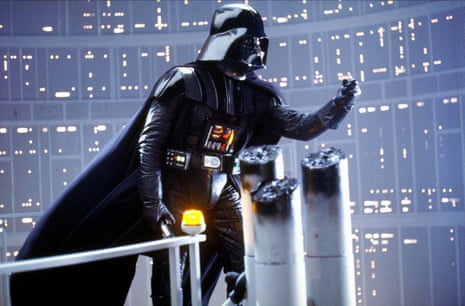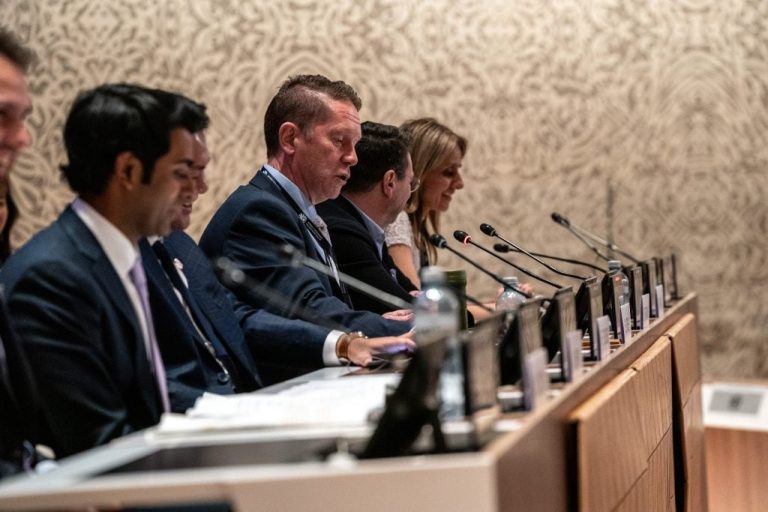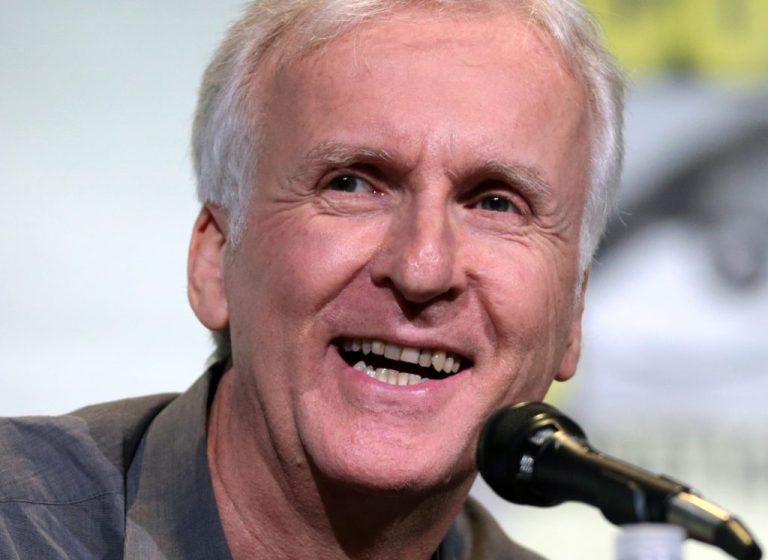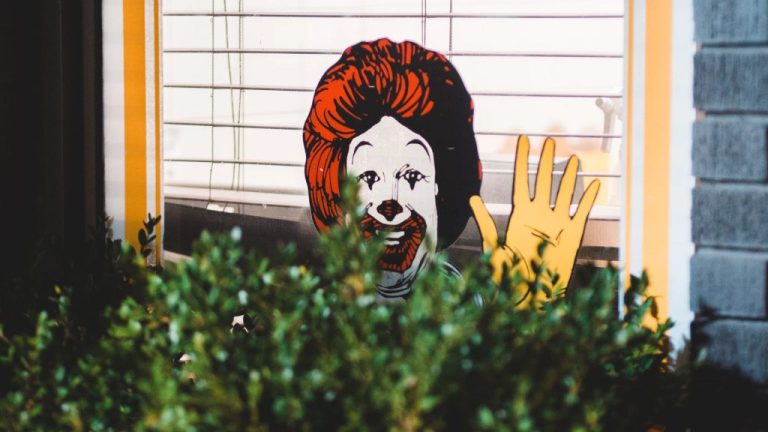Disney and Universal Take Legal Action Against AI Image Creator Midjourney for Copyright Violation
Disney and Universal have taken legal action against an artificial intelligence firm, Midjourney, by filing a lawsuit on Wednesday that alleges copyright infringement. The entertainment giants described Midjourney’s widely used AI image generator as a “bottomless pit of plagiarism” for purportedly reproducing characters from their extensive libraries without authorization.
The lawsuit, lodged in federal court in Los Angeles, accuses Midjourney of pirating countless copies of well-known characters, including Darth Vader from Star Wars, Elsa from Frozen, and the Minions from Despicable Me. As of now, Midjourney has not issued a public comment regarding these allegations.
This legal effort marks a significant chapter in the ongoing disputes surrounding copyright and the implications of generative artificial intelligence. While there have been prior lawsuits focused on copyrighted text and music, this instance involves visual content, positioning Disney and Universal among the foremost industry leaders to pursue legal action concerning images and videos.
Horacio Gutierrez, Disney’s chief legal officer, emphasized, “We are optimistic about the potential of AI technology and its responsible use as a tool to enhance human creativity. However, piracy is piracy, and the involvement of an AI company does not exempt it from infringement.” NBCUniversal’s executive vice president and general counsel, Kim Harris, stated that the lawsuit seeks to safeguard the hard work of artists whose creations entertain and inspire, as well as the significant investment made in content development.
The studios assert that Midjourney, based in San Francisco and one of the pioneering companies to provide an AI image generation service, ignored their requests to cease infringing upon their copyrighted works and to implement measures to prevent AI-generated pieces that mimic their characters. Instead, Midjourney reportedly continued to roll out enhanced versions of its AI service featuring infringing images of superior quality. The AI can recreate animated visuals based on textual prompts, leveraging extensive datasets sourced from millions of websites to train its programs.
In a 2022 interview with Forbes, Midjourney CEO David Holz admitted to assembling their database through what he referred to as “a big scrape of the Internet.” The lawsuit, filed by seven corporate entities representing the various Disney and Universal Pictures film units, includes instances of Midjourney creations portraying Disney characters like Yoda with a lightsaber and Bart Simpson skating, as well as Universal characters like Toothless from How to Train Your Dragon and Shrek.
The complaint asserts, “By appropriating the plaintiffs’ copyrighted works and distributing images (and soon videos) that openly incorporate Disney’s and Universal’s iconic characters—without any financial investment in their creation—Midjourney epitomizes copyright infringement and represents a continuous cycle of plagiarism.” Disney and Universal are seeking a preliminary injunction to prevent Midjourney from reproducing their works or offering its image or video generation services without protective measures against infringement and are also pursuing unspecified damages.
Founded in 2021, Midjourney operates through paid subscriptions and reportedly generated $300 million in revenue last year. This isn’t the first incident in which Midjourney has faced accusations of misappropriating artists’ work to train its AI models. A California federal judge previously acknowledged the claims of ten artists in a copyright infringement lawsuit against Midjourney and other tech companies, allowing the legal proceedings regarding unauthorized image usage to advance.
These cases signify a broader trend of lawsuits from copyright holders—including authors, news organizations, and record labels—against tech firms for utilizing copyrighted materials for AI training without permission. When questioned about obtaining consent from artists whose work is included, Holz remarked, “There isn’t really a method to gather a hundred million images and trace their origins.”
In late 2023, the New York Times sued OpenAI, the creator of ChatGPT, along with Microsoft (which holds a 49% stake in the venture), claiming unauthorized use and reproduction of its articles. The matter remains unresolved. Other media outlets, such as the Guardian, have reached agreements to license their archives to AI firms, while book authors have filed lawsuits against Meta for allegedly using a vast collection of pirated books to train its Llama AI models, although numerous claims have been dismissed.
In June 2024, leading record labels—including Sony Music Entertainment, Universal Music Group Recordings, and Warner Records—sued two AI companies, claiming they exploited millions of songs to create platforms capable of producing discernibly derivative music.






